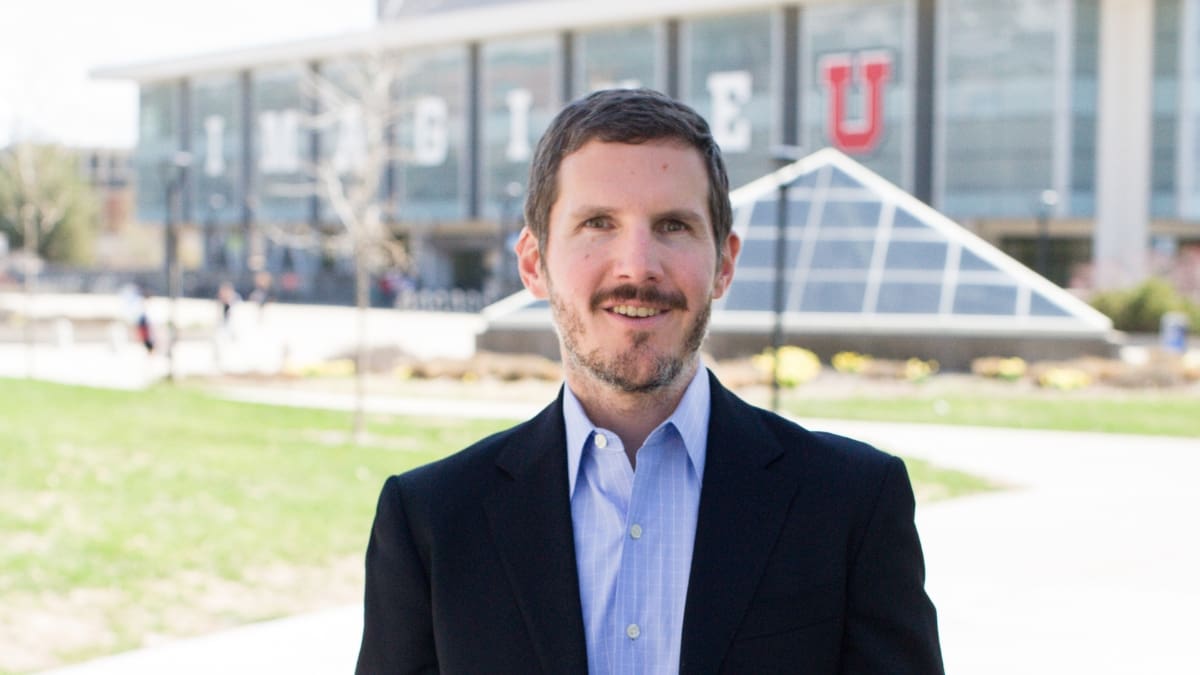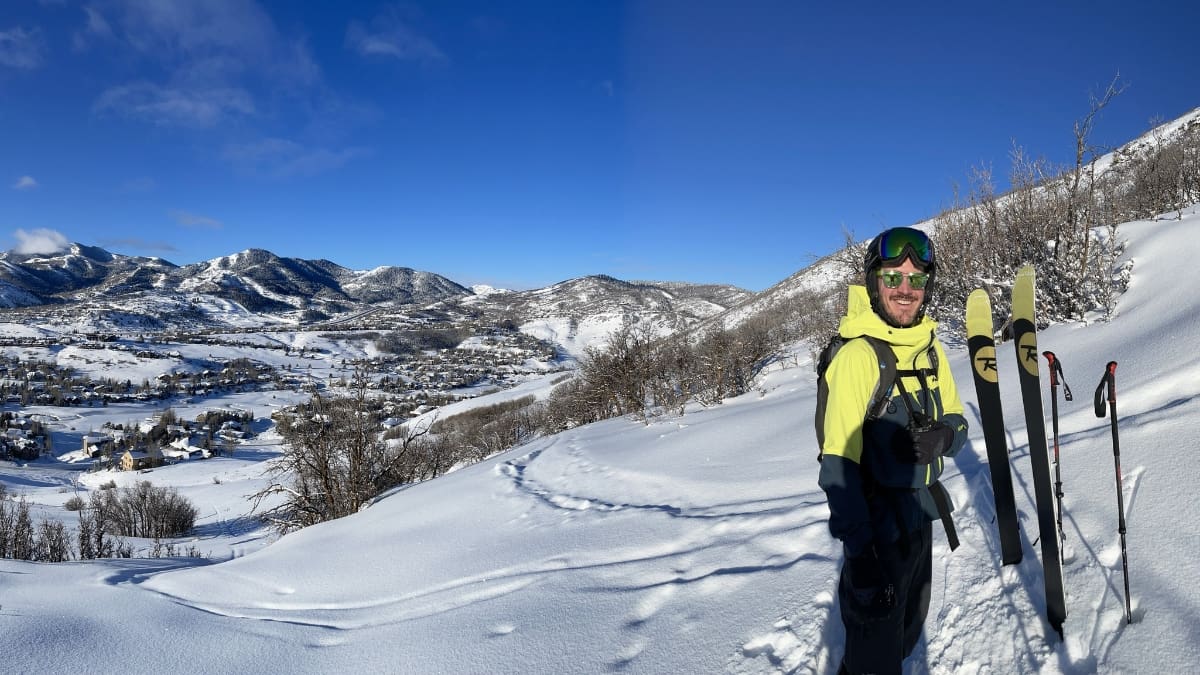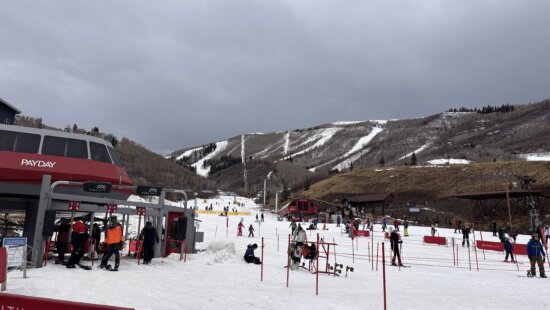Politics
Parkite and U of U professor examines FDR’s lost vision of national security in new book

Parkite and University of Utah history professor Peter Roady. Photo: Peter Roady
PARK CITY, Utah — From pre-dawn ski tours in the Wasatch Mountains to the halls of the University of Utah, a local professor is reshaping the national conversation about what keeps Americans safe.
Peter Roady, who traded a government career in national security for a position at the University of Utah’s History Department, argues in his new book that America has lost sight of Franklin Roosevelt’s broader vision of national security—one that extended far beyond military might to encompass economic and social stability.
The book, “The Contest over National Security: FDR, Conservatives, and the Struggle to Claim the Most Powerful Phrase in American Politics,” examines how this powerful concept has evolved and narrowed over time, from FDR’s comprehensive approach that prioritized both economic and physical security, to today’s more militarized interpretation.
“It’s hard to argue that we have national security today,” Roady says, “when we have more than 80 million Americans struggling to make ends meet, 200,000 a year dying ‘deaths of despair,’ millions of Americans living in areas increasingly ravaged by climate change, and American society increasingly fractured.”
Since moving to Park City in 2021 with his wife Eliza, Roady has found unexpected inspiration for his academic work on the town’s extensive trail network. “For me, there are few things more magical than a good dawn patrol, starting out under the stars, looking down at the twinkling lights of our town from the angle station, and finishing as the sun comes up.”

Local residents might spot him on the side of a trail, talking to his watch—but he’s actually dictating passages for his writing, often inspired by conversations with fellow outdoor enthusiasts.
“I have benefitted enormously from talking through what I’m working on with our kind, intellectually curious, and highly motivated neighbors,” Roady says.
Drawing from both his academic research and government experience, Roady argues there are significant implications in how we define national security, including “money, urgency, and the ability to transcend political divisions and get things done.”
His work suggests that by returning to Roosevelt’s broader interpretation of national security, America might better address its current challenges, from poverty to climate change, with the same urgency typically reserved for military threats.
The book has already garnered national attention, including coverage on CNN national security analyst Peter Bergen’s show “In the Room with Peter Bergen.”
For local residents interested in connecting with the book’s themes, Roady notes that many of his conversations with Park City neighbors have centered on shared concerns about national security challenges. “I hear fears about intensifying international competition with countries like China and Russia, the fracturing of American society, the persistence of widespread poverty, and the effects of climate change are having on us,” he says.
“I hope that my book will help more Americans see all these problems—not just the foreign ones—as Franklin Roosevelt would have seen them: as national security problems, spurring us to tackle them with the urgency and resources they demand.”
For those interested in learning more about Roady’s book, or to purchase, visit Amazon, or the Harvard University Press. If purchasing through the Harvard store, a 30% discount can be applied with code HOL24.



















